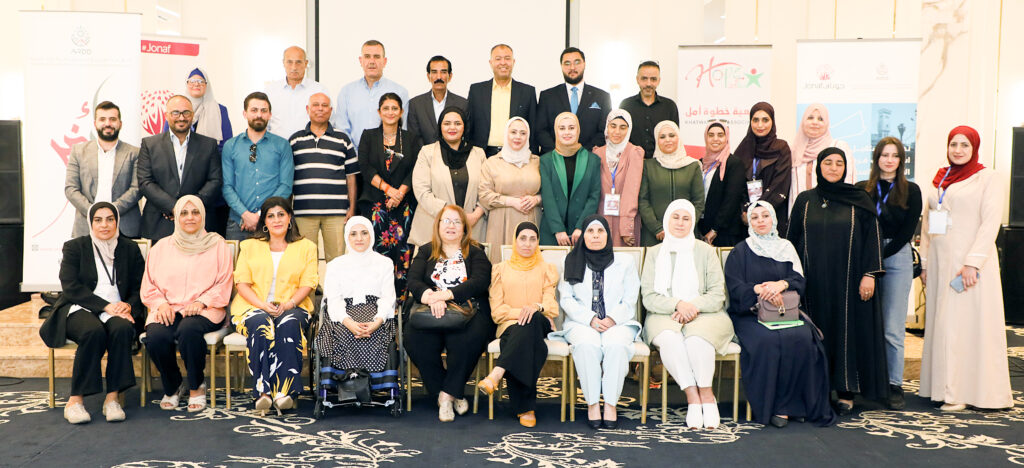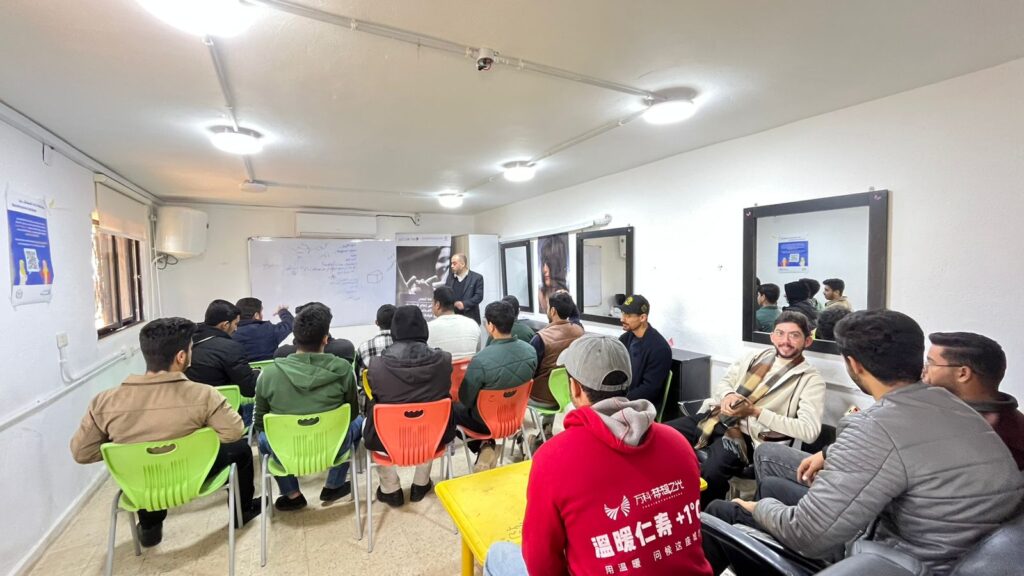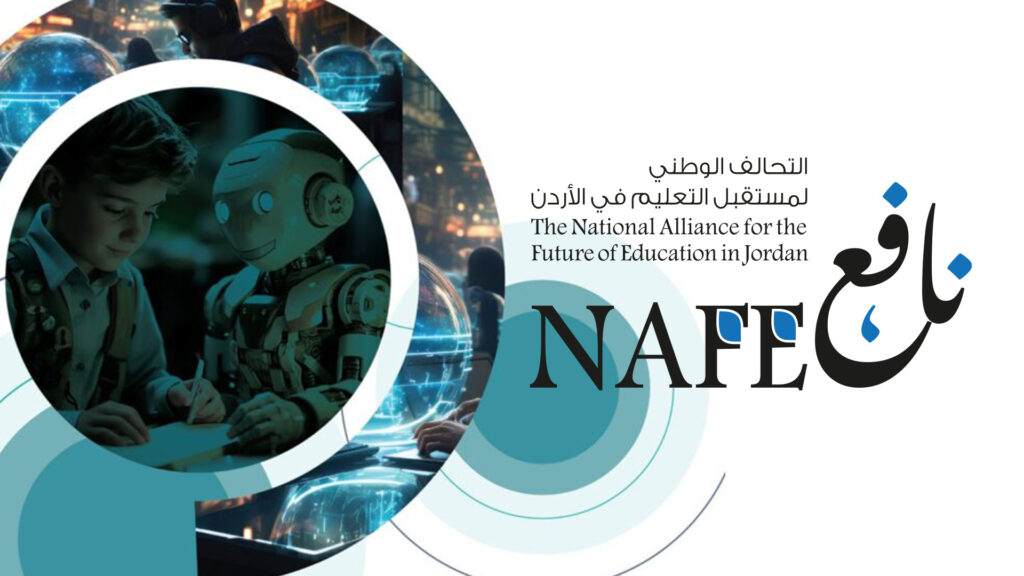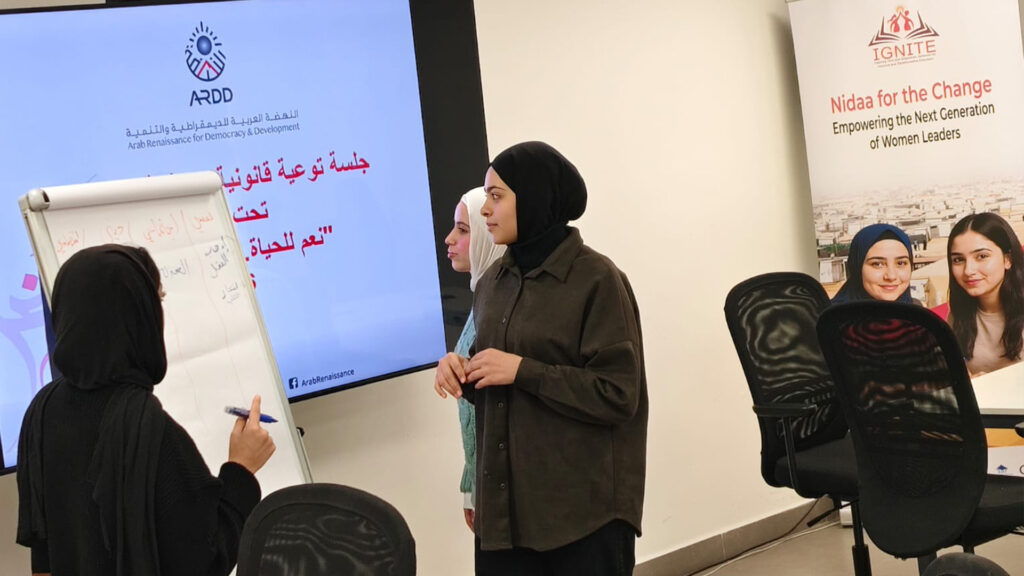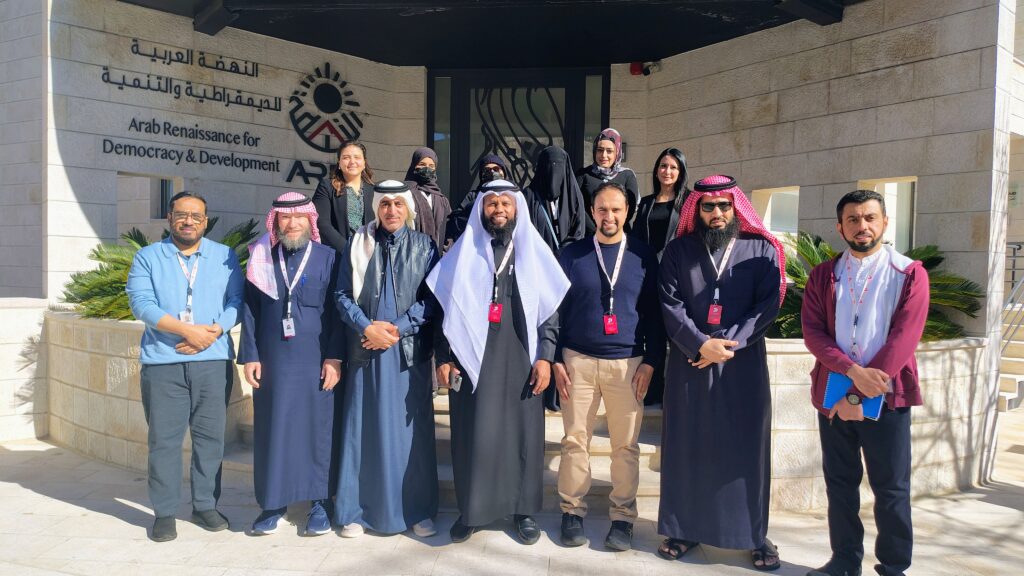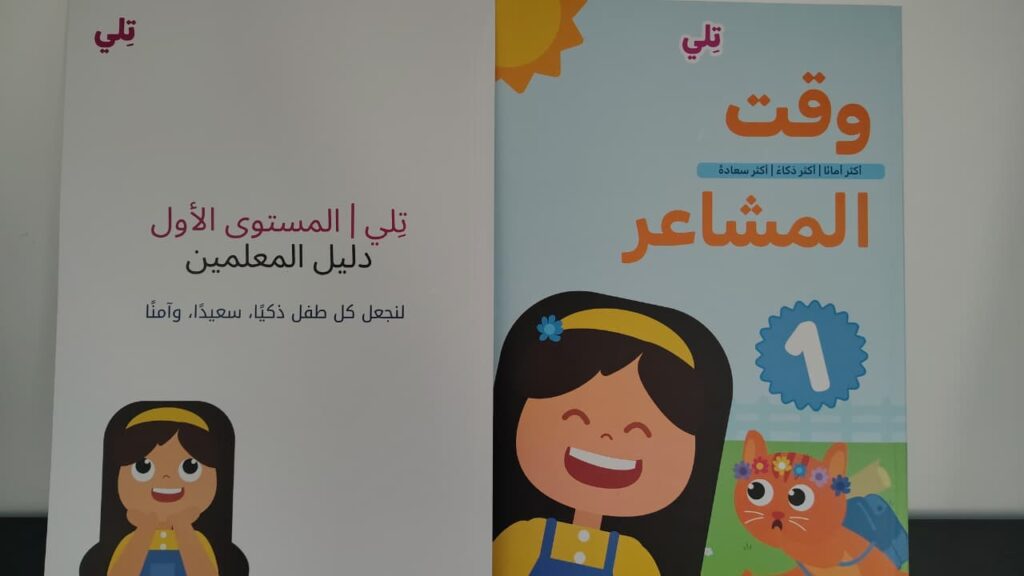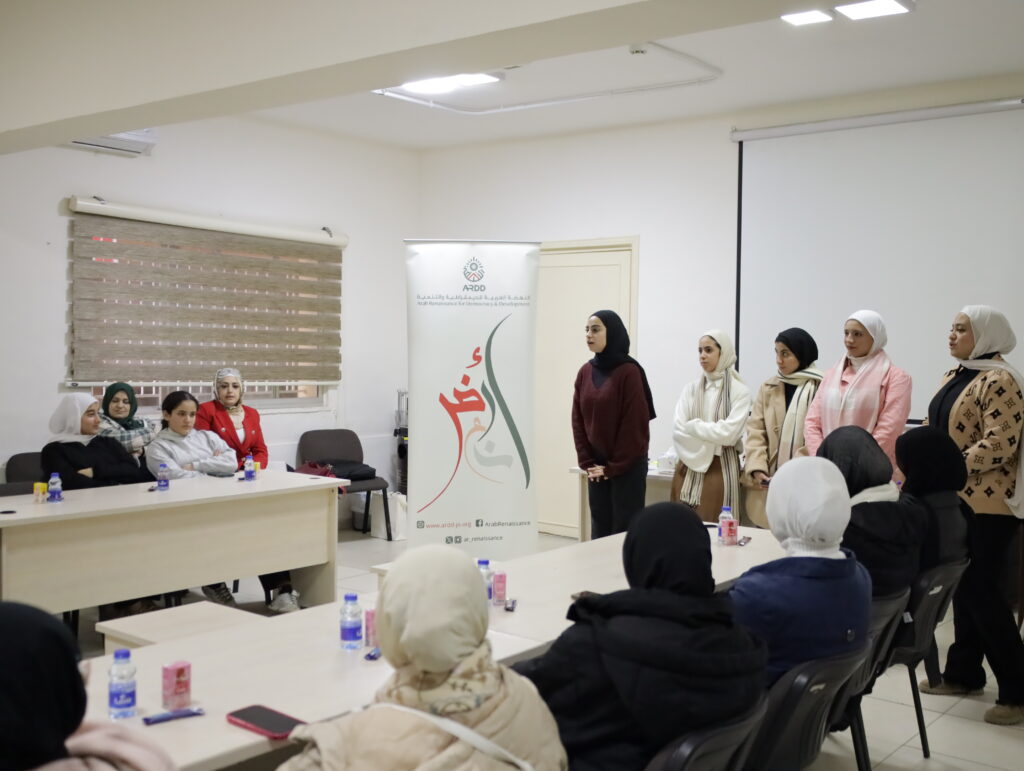As part of advocacy efforts aimed at promoting the localization of humanitarian and development work related to livelihoods, a group of local associations from the Jordan National NGO Forum (JONAF), in cooperation with the Arab Renaissance for Democracy and Development (ARDD), recently held a dialogue session titled “Enhancing the Sustainability of Community Projects to Facilitate Licensing Procedures” in Irbid Governorate. The session was attended by Member of Parliament Hala Al-Jarrah, several government entities, and local associations from the northern region.
Participating in the session were several local associations from JONAF, represented by Step of Hope Charitable Association, Child Care Charitable Association, and Al-Rafeed Women Agricultural Association, which took part in organizing and managing the event. The session falls within the advocacy plan developed under the project “Future Forward: Unlocking Sustainable Local Opportunities,” implemented by ARDD in collaboration with JONAF and funded by the European Union Regional Trust Fund in response to the Syrian crisis (MADAD Fund).
MP Al-Jarrah emphasized the importance of small economic projects and their pivotal role in Jordan’s economic life due to their direct impact on various aspects of economic and social development. She noted that supporting small projects and providing a conducive environment for their growth and sustainability is a “national priority” that requires streamlining procedures, facilitating access to finance, and offering training and capacity building for initiative and project owners.
For his part, Rami Qwaider, Legal Advisor at ARDD, stressed the need to establish community enterprises within the livelihoods sector as a powerful force in the economic and social landscape. These enterprises contribute to creating flexible job opportunities and provide solutions to numerous societal problems, in addition to their active role in building economic and social solidarity networks that benefit communities.
In the same context, during the session titled “The Reality of Licensing Community and Small Projects in Northern Jordan: Challenges and Opportunities,” Eng. Mai Abu Adad, President of Step of Hope Association and moderator of the session, highlighted the need to simplify licensing procedures, as they are a key tool for community empowerment—especially in underserved areas.
Regarding the role of the Business Licensing Unit in receiving licensing applications for community projects, Ashraf Al-Saadi, Head of the Licensing Department at Greater Irbid Municipality, pointed out that the municipality does not currently have a specific model for such projects. However, it strives to balance regulation with the needs of marginalized groups and seeks to ease procedures in cooperation with associations.
Abeer Brahemeh, Assistant Director of the Directorate of Industry and Trade in Irbid for Commercial Registry Affairs, spoke about the official classifications of community projects, calling for the development of flexible registration models to support informal projects and integrate them into the local economy.
As for the National Invoicing System and the impact of tax procedures on the sustainability of small and service-based projects, Omar Al-Omari, representing the Income and Sales Tax Department in Irbid, noted that community projects face challenges in complying with the tax system. He emphasized the importance of adopting simplified tax models to facilitate the integration of these projects without imposing heavy financial burdens.
Meanwhile, Kholoud Yaseen, Head of the Productivity Enhancement Department at the Irbid Directorate of Social Development, emphasized the importance of linking the facilitation of formal licensing procedures for institutions, associations, and community projects with an understanding of current opportunities and challenges in order to develop appropriate solutions in this field.
In conclusion, the session’s recommendations will be followed up on and formulated into practical and actionable steps, with an emphasis on the importance of activating the role of local associations as key partners in policy development and decision-making—ultimately aiming to unify efforts toward building a strong economy based on local capacities and Jordanian creativity.

